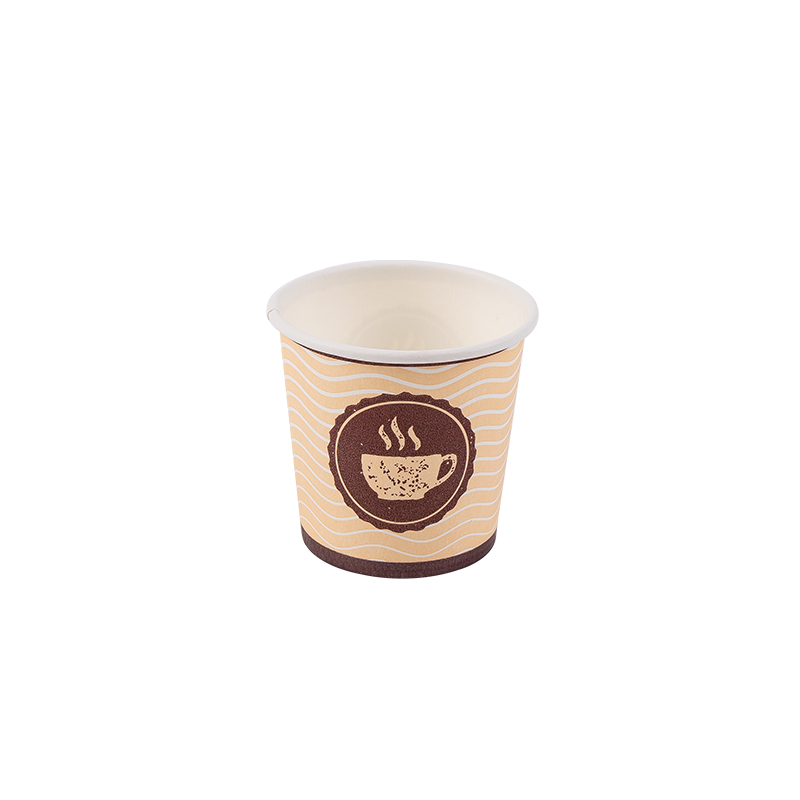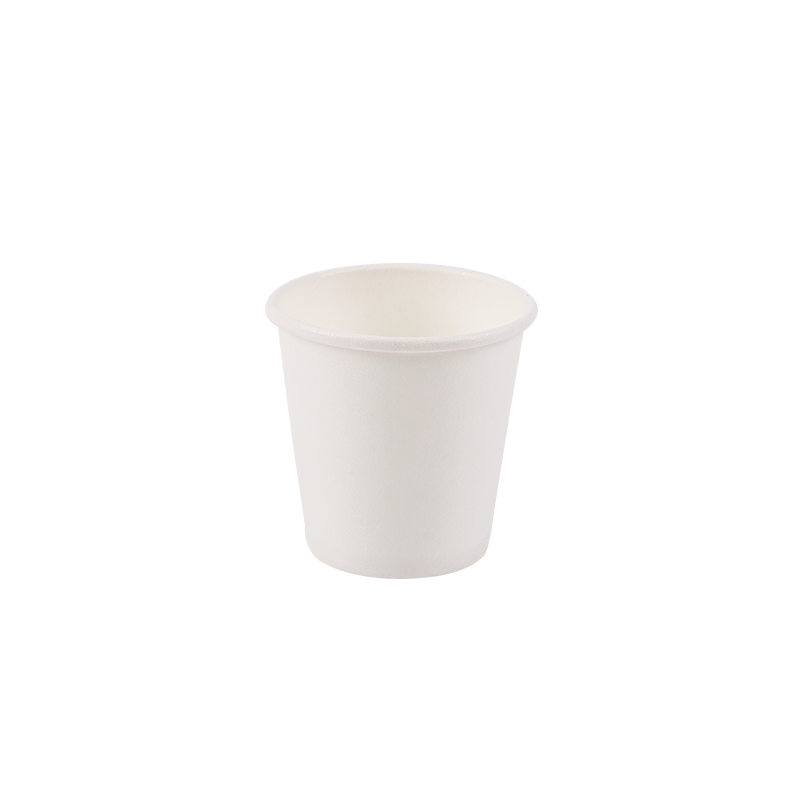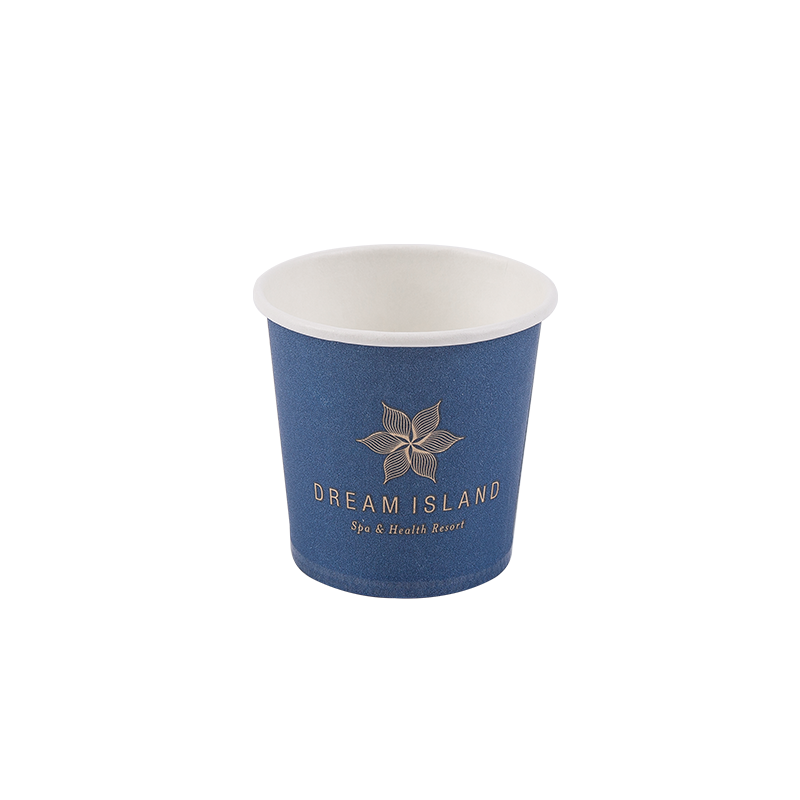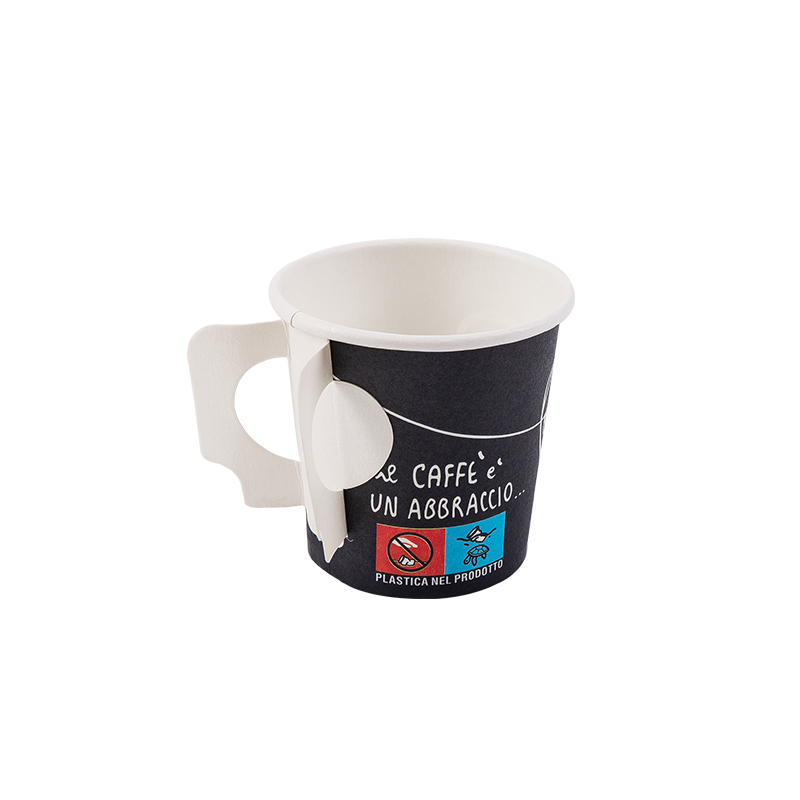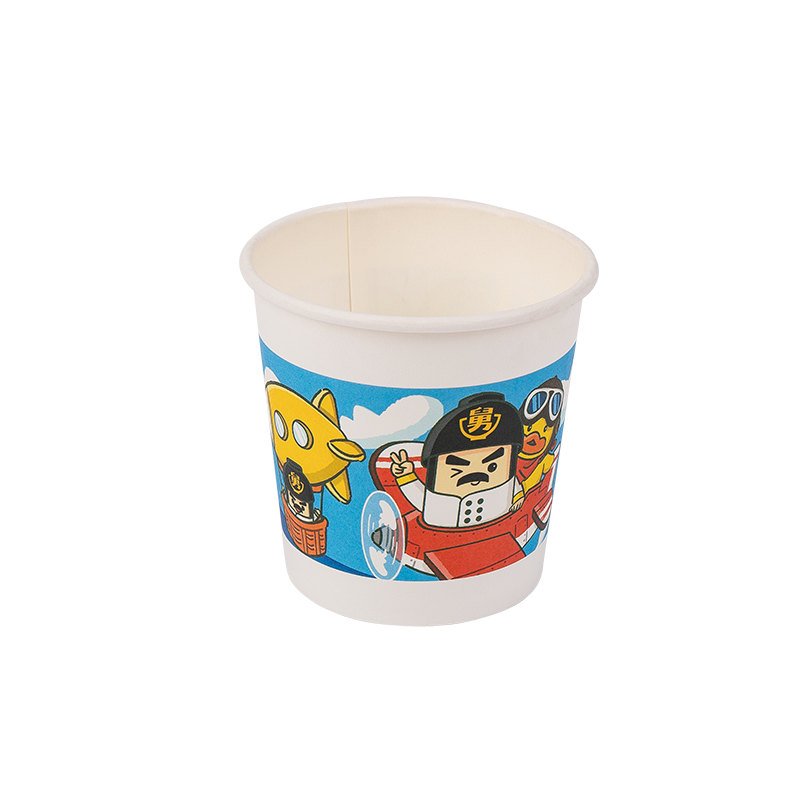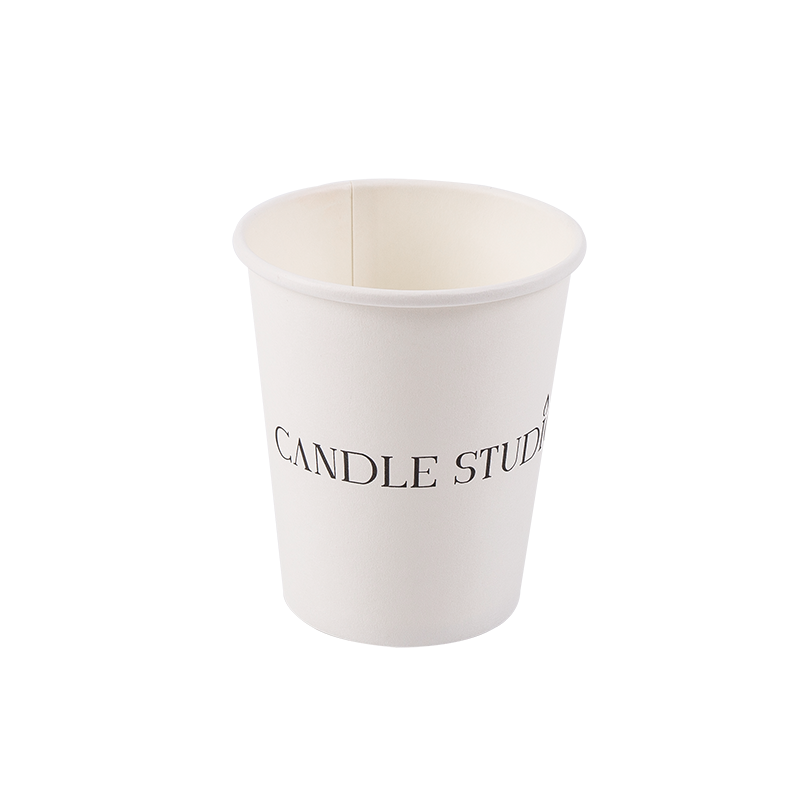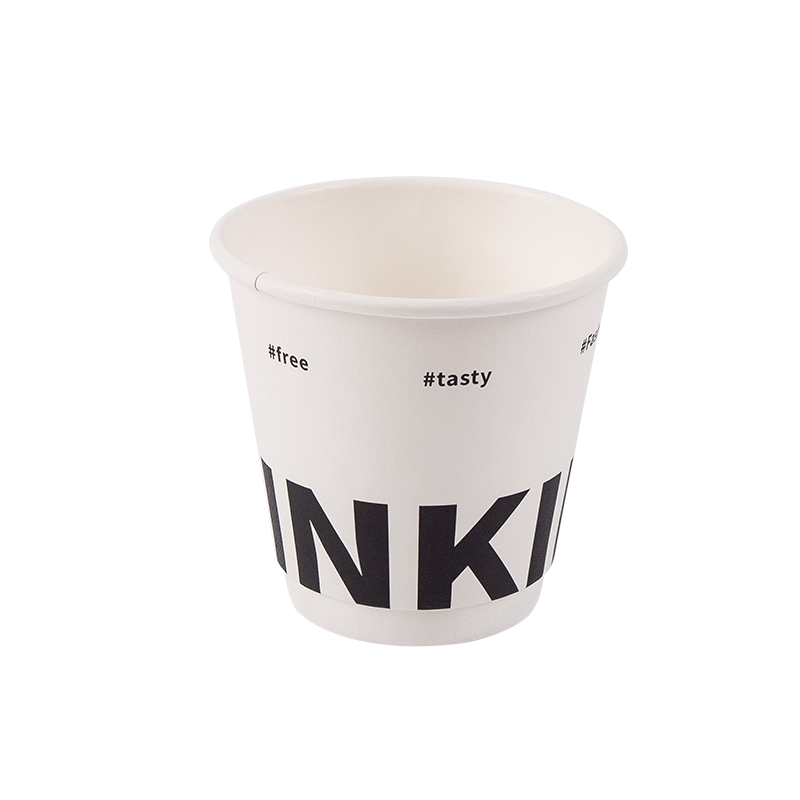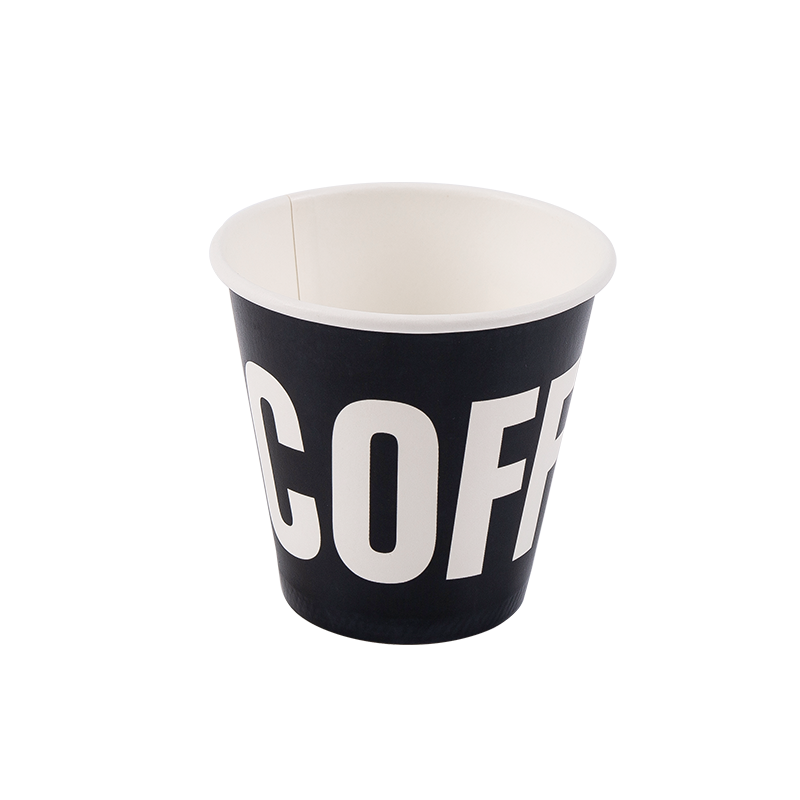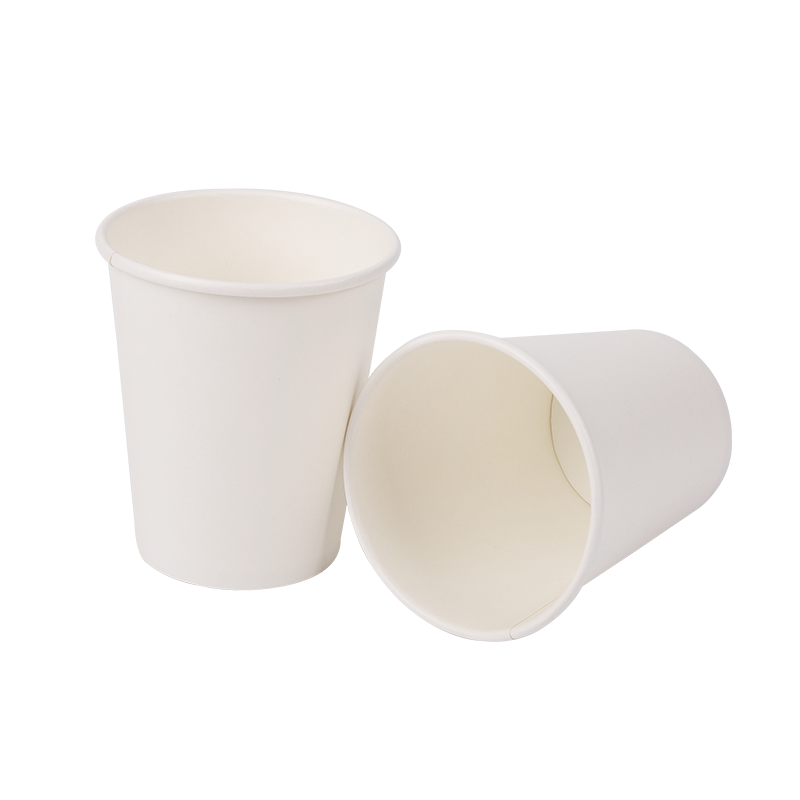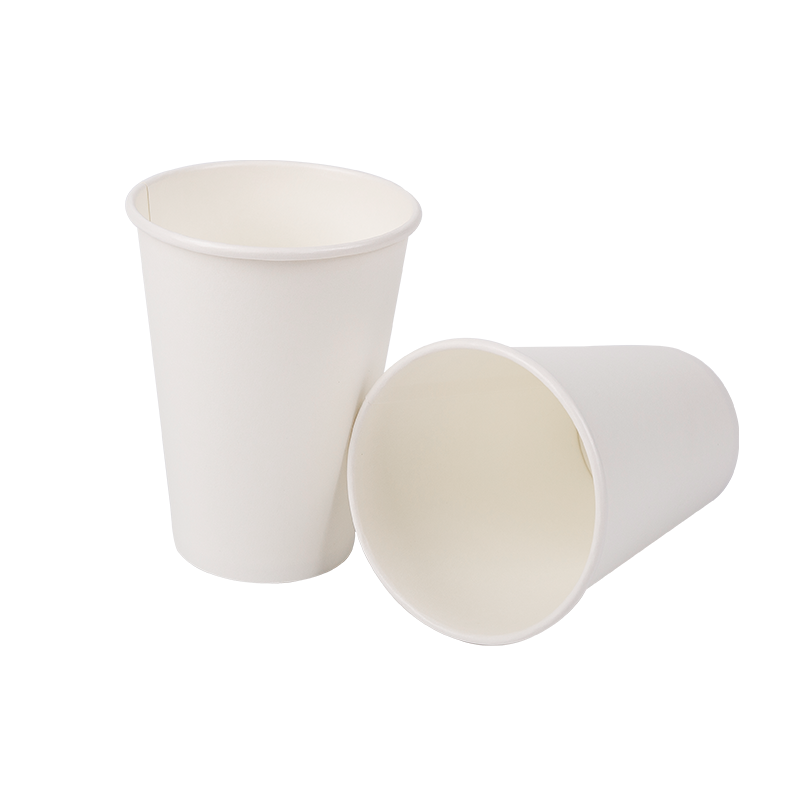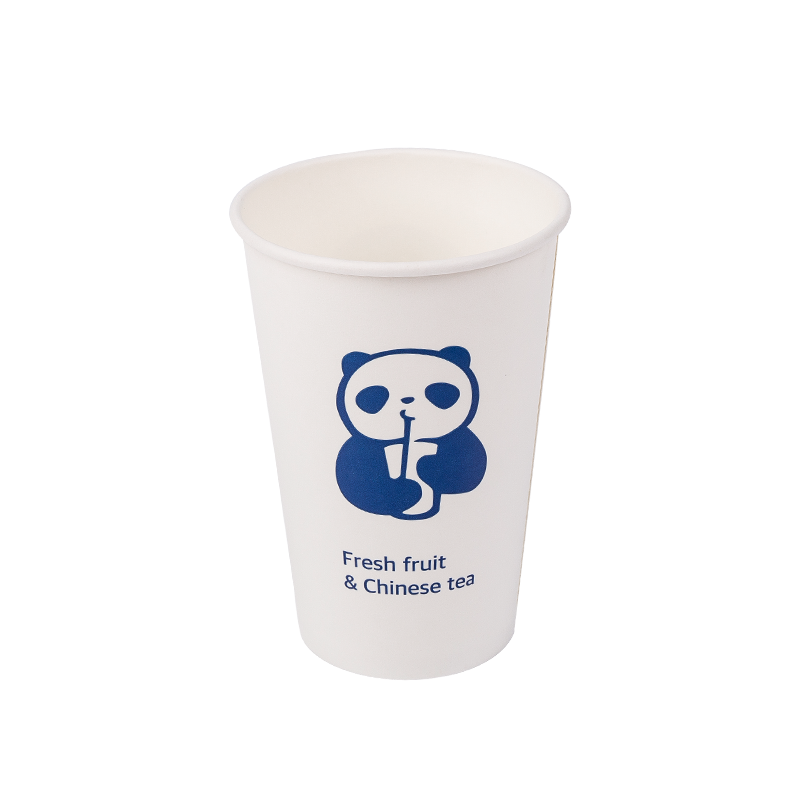The coffee paper cup is a ubiquitous symbol of modern consumer culture. Its design, functionality, and environmental implications make it a topic of considerable discussion. As the coffee industry evolves, the role of the paper cup becomes even more significant, shaping the way we consume and interact with our favorite beverages.
Functionality and Features
At its core, the coffee paper cup is designed for convenience. Lightweight and portable, it enables coffee lovers to enjoy their drinks on the go. Key features of modern paper cups include heat resistance, leak-proof capabilities, and stackability. These attributes make them ideal for busy cafes and coffee shops, where efficiency is paramount. The addition of lids has further enhanced usability, allowing consumers to sip their coffee without the risk of spills, a crucial feature for those commuting.
The Role of Branding
Branding plays a pivotal role in the coffee paper cup market. For many coffee shops, the cup is a key marketing tool. A well-branded cup can elevate a customer’s experience and make a memorable impression. Many companies invest in creative designs and promotional campaigns that encourage customers to share images of their drinks on social media. This organic marketing approach not only promotes the brand but also fosters a sense of community among coffee enthusiasts.
Health and Safety Considerations
Health and safety are paramount in the food and beverage industry. Coffee paper cups are typically manufactured in accordance with strict hygiene standards, ensuring that they are safe for consumer use. Additionally, advancements in material science have led to the development of cups that do not leach harmful chemicals into beverages. Brands that prioritize safety in their products are more likely to gain consumer trust, making health-conscious materials a competitive advantage.

Sustainability Challenges
The environmental impact of coffee paper cups presents a significant challenge. Although they are made from renewable resources, the plastic lining complicates their recyclability. As consumer awareness grows, many brands are exploring sustainable alternatives. Some have turned to biodegradable or compostable materials, while others focus on promoting reusable cups. Efforts to improve recycling infrastructure are also essential, as many consumers are willing to recycle but lack access to proper facilities.
The Future of Coffee Paper Cups
Looking ahead, the coffee paper cup industry is poised for transformation. With the increasing demand for sustainability, companies will need to innovate continuously. Biodegradable cups made from plant-based materials could become the norm, and advances in technology may lead to fully recyclable options. Additionally, integrating smart technology into paper cups—such as temperature control and NFC (Near Field Communication) capabilities—could enhance the user experience and add value.










 English
English русский
русский Español
Español 中文简体
中文简体